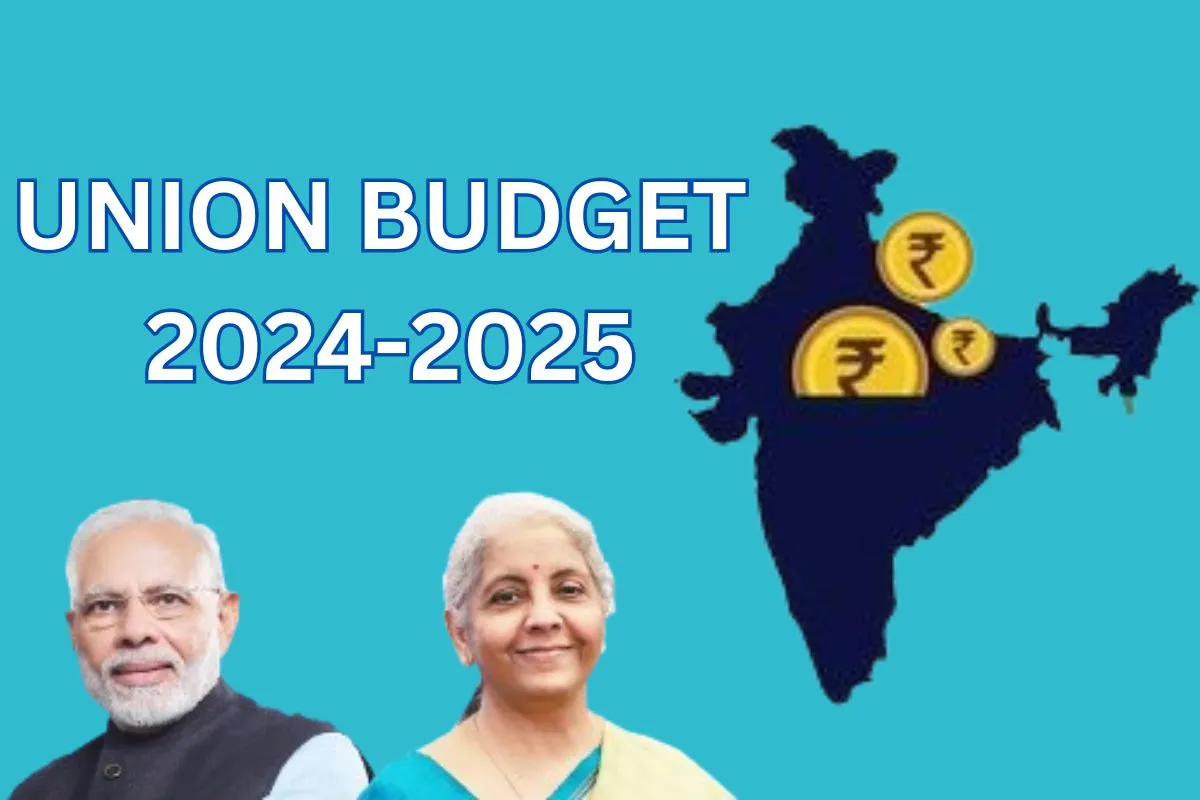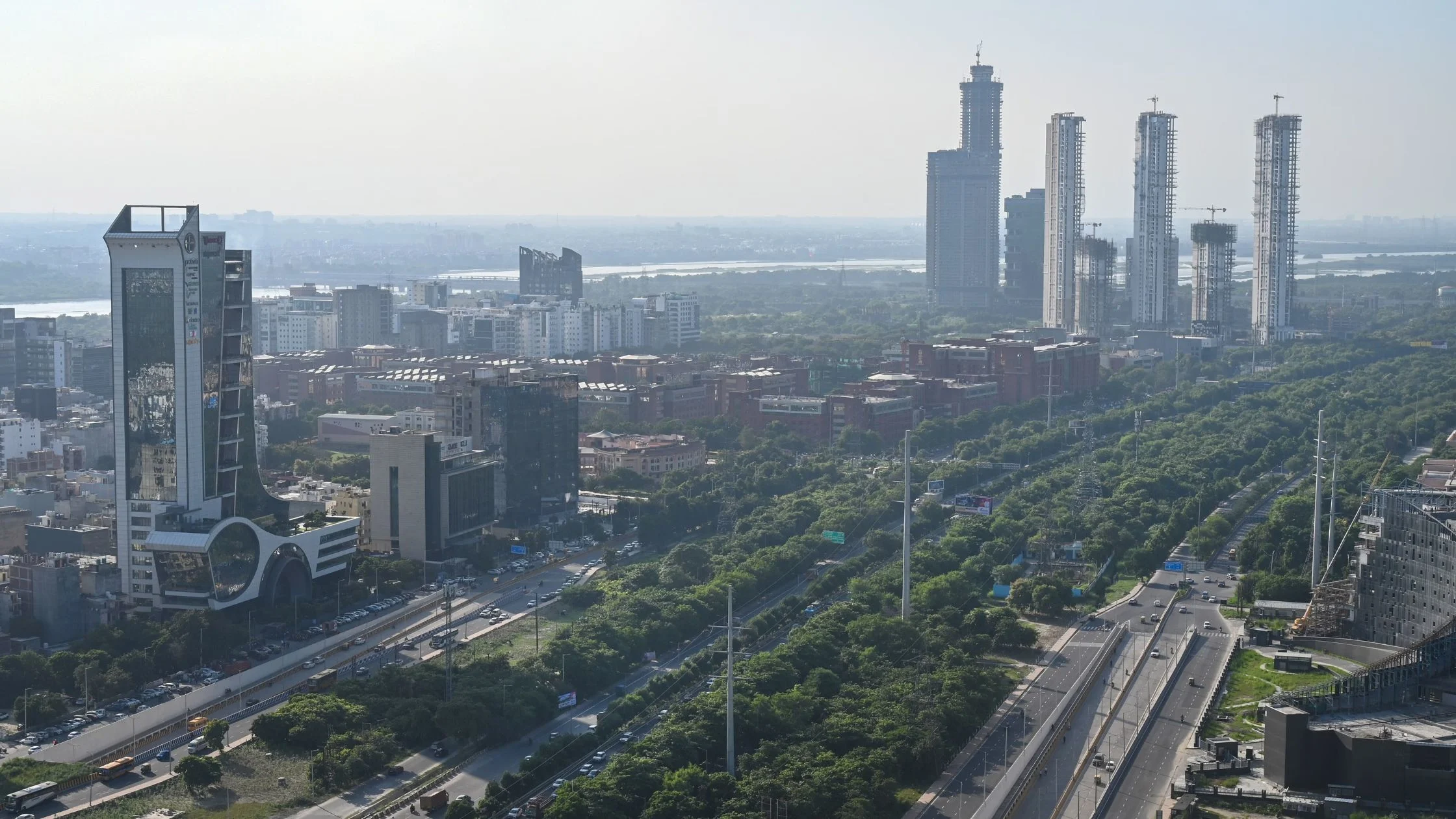Table of Content
▲
The real estate industry, a significant contributor to the Indian economy and a major employer, achieved remarkable success in 2023, propelled by heightened property sales and growing buyer confidence. The outlook for 2024 appears even more promising. With the Union Budget 2024 on the horizon, real estate companies are optimistic about strategic policy interventions that can sustain this positive trend. Anticipated amendments to laws and regulations pertaining to affordable housing, tax reforms, home loans, sustainable development, and specific recommendations for special economic zones (SEZs) are expected to further enhance the sector's growth.
Rebate in home loans
Decreasing home loan interest rates and repo rates, along with exclusive bank incentives and EMI discounts, will play a crucial role in sustaining the ongoing revival of the real estate sector. With millennials emerging as the primary force in the property market, adjusting the price limit for affordable and mid-segment homes can rekindle their enthusiasm for home purchases. Furthermore, increasing the tax rebate on home loan interest under Section 24 of the Income Tax Act, from Rs 2 lakh to Rs 5 lakh, is certain to stimulate housing demand.
Also Read: What is Pradhan Mantri Suryodaya Yojana? Who is eligible for it?
Focus on affordable housing
In the forthcoming budget, developers anticipate specific interventions from the government to revive the affordable housing segment. This sector suffered significantly during and after the pandemic, with sales of affordable homes declining to around 20% in 2023 from the previous figure of over 30% in 2022. To address this issue, builders are seeking targeted measures, including the adjustment of price caps and the introduction of incentives for both affordable and mid-segment homes. Additionally, they are advocating for tax incentives and a reassessment of Goods and Services Tax (GST) rates to enhance the accessibility of affordable housing. These measures aim to improve the financial viability of such projects.
Additionally, measures such as liquidating cash to SWAMIH fund for developers to complete stalled housing projects would be beneficial. Certain lands that are owned by the government, such as Indian railways, port trusts and others should be released to address land shortages.
Single-window clearance
Builders are emphasising the need for a single window clearance system to expedite project approvals. Streamlining these processes will not only reduce project timelines but also enhance the ease of doing business in the real estate sector.
Also Read: DDA projects worth Rs 45,000 cr nearing completion
Sustainable development and digitisation
In line with global trends, real estate developers are urging the FM to prioritise sustainable development, smart cities, and digitisation within the real estate landscape. Further, in alignment with the global shift towards sustainability, we anticipate incentives or subsidies for green building certifications and renewable energy installations in commercial real estate projects, which will benefit the environment and position the sector for long-term growth.
Real Estate Investment Trusts (REITs):
To encourage investment in real estate, realtors propose bringing REIT units into parity with listed equity. Reducing the holding period for long-term capital gain benefits from 36 months to 12 months would make REITs more attractive to investors.
Ease of doing business in SEZs
Developers are seeking simplified compliance for developers and occupants of SEZ parks through a single window clearance system. This would streamline processes, making them more appealing for investment. Concessional tax rates or tax breaks for both developers and SEZ units should also be proposed to retain its draw.
To reduce timelines, realtors are urging the government to ease the denotification process for SEZs. Relaxing the process of obtaining state-level NOCs and providing in-principal approval would expedite projects and enhance the ease of doing business in SEZs.
Also Read: Guide for Purchasing Resale Flats in 2024.
Conclusion
The real estate sector in India has high expectations from the Union Budget 2024, driven by a dynamic economic environment and the imperative for sustainable growth. Developers are anticipating proactive measures that address sector challenges, including streamlined regulatory processes, financial incentives, and policies promoting affordability. A forward-thinking Budget, aligned with the evolving needs of the real estate market, has the potential to act as a catalyst for revitalizing the sector and making a substantial contribution to the nation's economic development. As we await the Budget announcement, the hopes and aspirations of real estate stakeholders are centered on the belief that the government will create a conducive environment for the industry to flourish, fostering positive impacts across various segments of the economy.
Also Read: 10 suggestions for avoiding scams from real estate brokers while purchasing a home









